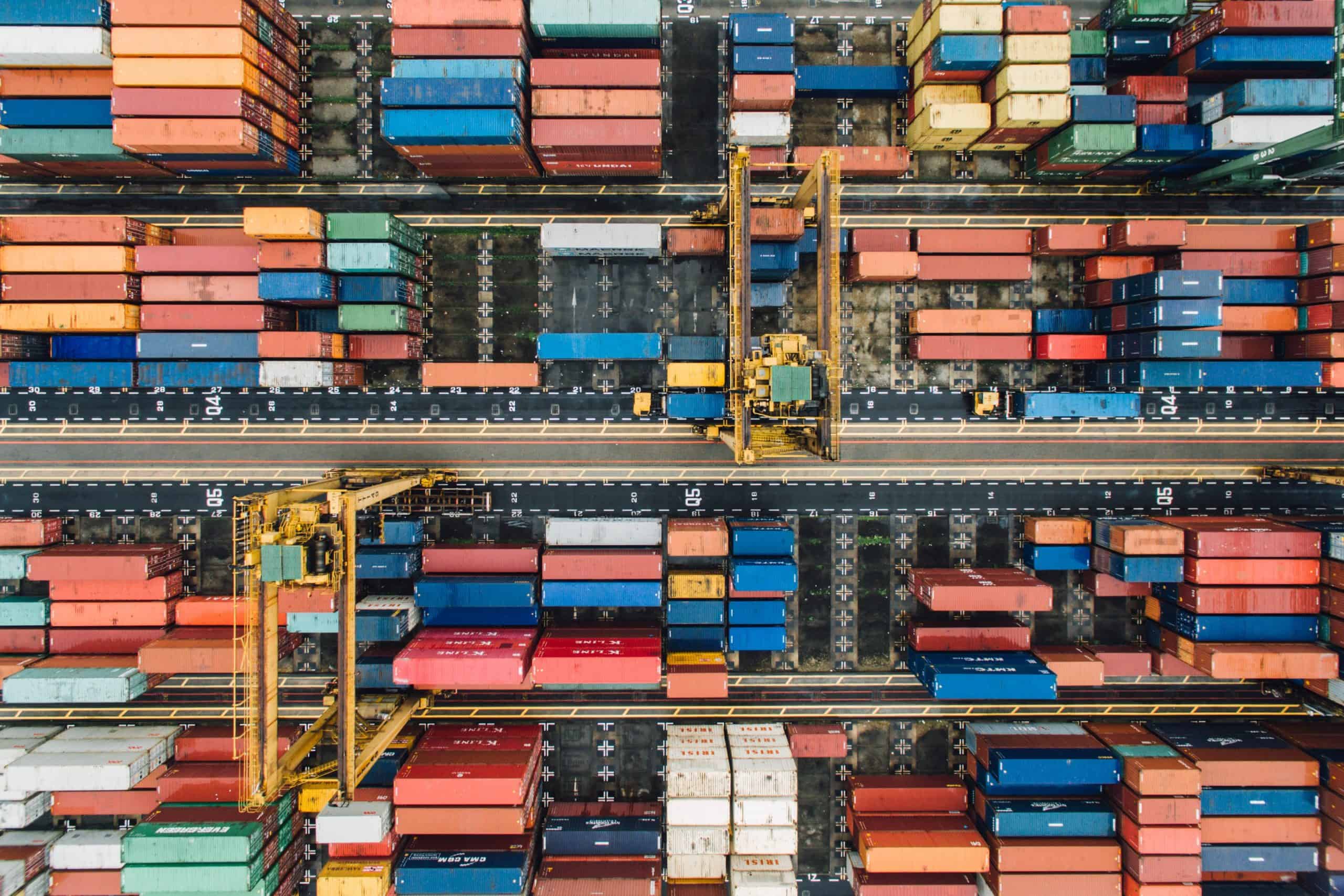Challenges supply chain professionals face every day constantly prepare them for larger crises that affect full-scale disruptions. Given the continued threat level of the Covid-19 virus outbreak, this global crisis is testing the resolve and efficacy of supply chains to continue to meet their customers' demands. By all indications, the world has not seen this crisis's full impact on global supply chains. Those organizations that have been more proactive in their supply risk analysis will weather this storm better than others.
Natural disasters and human-made disruptions test our ability to deliver products costly and timely on a global scale – the 2011 tsunami and Fukushima earthquake; Hurricane Katrina; 2003 SARS outbreak; global trade wars, to name a few. But lesser-known disruptions abound every day, and supply chain professionals encounter and mitigate them to the best of their abilities. Why are organizations not better prepared for mega-disasters such as the one we are facing now with Covid-19, or even for lesser ones? Too often, after the threat passes and the storms have been weathered, organizations go back to daily operations – looking for cost-cutting activities and driving operational efficiency and do not have the time to drive risk mitigation scenarios and strategies until they are reminded of it again when the next disruption strikes.


